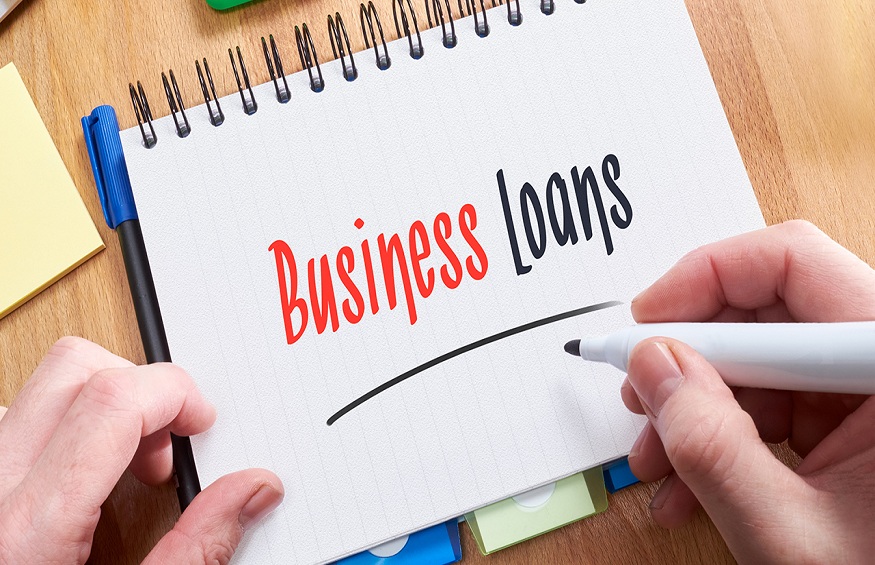If you are an entrepreneur looking to fund your growing enterprise, unsecured business loans might be on your radar. They can offer quick access to cash without the need for collateral or a lengthy approval process. But are they too good to be true?
In this article, we’ll explore the benefits and pitfalls of unsecured business loans so that you can make an informed decision about whether they’re right for your company. Let’s get into it.

Introduction to Unsecured Loans
Unsecured loans are a type of business loan that does not require the borrower to put up any collateral. This can be a good option for businesses that do not have any assets to use as collateral, or for businesses that are just starting out and have not yet built up any equity. Unsecured loans tend to be more expensive than secured loans, and they may also be harder to qualify for.
Benefits of Unsecured Business Loans
There are a number of benefits to unsecured business loans, including the fact that they can be easier to obtain than secured loans. Unsecured loans also tend to have lower interest rates than secured loans, making them more affordable in the long run. In addition, unsecured business loans can provide a much needed infusion of cash for businesses that are struggling financially.
Of course, there are also some potential drawbacks to unsecured business loans. One of the biggest risks is that if you default on the loan, your personal assets may be at risk. This can be a major downside for business owners who have already invested a great deal of their own money into their businesses. In addition, unsecured business loans may have shorter repayment terms than secured loans, which means you’ll need to carefully consider your ability to repay the loan before taking one out.
Risks and Pitfalls of Unsecured Business Loans
Unsecured business loans can be a great option for small businesses in need of quick, short term funding. However, there are some risks and pitfalls associated with these types of loans that business owners should be aware of before taking out a loan.
One of the biggest risks associated with unsecured business loans is the high interest rates. These loans typically have higher interest rates than secured loans, which can make them more expensive in the long run. Additionally, if a business owner is unable to repay an unsecured loan, they may damage their personal credit score.
Another potential pitfall of unsecured business loans is that they can be difficult to qualify for. Many lenders have strict eligibility requirements for these types of loans, so it’s important to do your research before applying.
Despite the risks and pitfalls associated with them, unsecured business loans can be a helpful option for small businesses in need of quick funding. If you’re considering taking out an unsecured loan, make sure you understand the terms and conditions before signing any paperwork.
Types of Unsecured Business Loans
There are a few different types of unsecured business loans that you might come across. Here’s a quick overview of each:
1. Business Credit Cards:
A business credit card can be a great way to get access to quick and easy funding. However, they do come with high interest rates and can be difficult to qualify for if you have bad credit.
2. merchant Cash Advances:
A merchant cash advance is basically a short term loan that is repaid with a percentage of your future sales. This can be a great option if you need funding quickly but it does come with higher interest rates and fees.
3. Personal Loans:
You can also take out a personal loan to fund your business. However, these loans often have stricter repayment terms and higher interest rates than other options.
4. SBA Loans:
SBA loans are government backed loans that offer competitive rates and terms. However, they can be difficult to qualify for and the application process can be lengthy.
Tips for Repayment of Unsecured Business Loans
If you’re considering taking out an unsecured business loan, it’s important to be aware of the potential pitfalls. One of the biggest dangers of unsecured loans is that they can be difficult to repay. Here are a few tips to help you stay on track:
1. Make sure you have a solid plan:
Always draw up a business plan for how you’ll use the loan proceeds. This will help you focus on using the money wisely and repaying the loan as quickly as possible.
2. Keep your repayment schedule in mind:
When taking out the loan, make sure you’ll be able to make the payments comfortably without putting too much strain on your business finances.
3. Stay disciplined with your repayment plan:
Once you’ve set up a repayment schedule, stick to it as closely as possible. Missing payments can damage your credit score and make it harder to get future financing.
4. If in doubt seek advice:
If you run into trouble making payments, reach out to your lender immediately. Many lenders are willing to work with borrowers who are having difficulty, but they need to know what’s going on as soon as possible.
By following these tips, you can avoid some of the pitfalls associated with unsecured business loans and keep your business on track for success.
Alternatives to Unsecured Business Loans
There are a few alternatives to unsecured business loans that business owners can explore. One option is to secure a loan against collateral, such as property or equipment. This option can be less risky for the lender, but it may not be an option for all business owners.
Another alternative is to get a line of credit from a financial institution. This can give business owners more flexibility in how they use the funds and may be easier to qualify for than a traditional loan. Some businesses may be able to get funding from investors or through government programs.
Each of these options has its own set of pros and cons that business owners should consider before making a decision, and it’s always worth discussing the options with a professional financial advisor.
Parting Thoughts
Unsecured business loans provide a great option for those who need financing but don’t have the collateral to back up their loan. However, it’s important to weigh the pros and cons before committing, because in some cases a secured loan may be more beneficial.
The key is understanding your own needs and financial situation so that you can make the best decision for your business.





